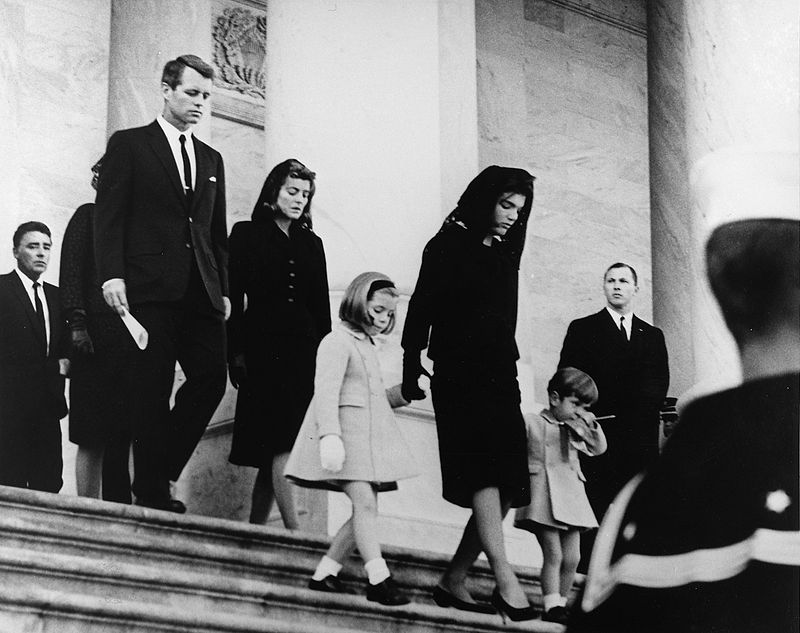November 22, 1963, remains etched in history as one of the most tragic and shocking moments in the United States. President John F. Kennedy, the 35th President of the nation, was assassinated in Dallas, Texas, while riding in a motorcade through Dealey Plaza. The President’s death marked an abrupt and unexpected shift in the American political landscape.
The Event:
At approximately 12:30 p.m., a series of gunshots were fired, striking President Kennedy and Texas Governor John Connally, who was seated in front of him in the presidential limousine. Kennedy was hit in the head and neck, while Connally was wounded. The President was immediately rushed to Parkland Memorial Hospital, where he was pronounced dead at 1:00 p.m.
The alleged assassin, Lee Harvey Oswald, was arrested for the murder of a Dallas police officer, J.D. Tippit, shortly after the assassination. He was later charged with President Kennedy’s murder. While being transferred to another facility, Oswald himself was shot and killed by nightclub owner Jack Ruby, sparking further controversy and conspiracy theories.

Impact:
The assassination of President Kennedy shook the nation to its core. His death led to widespread mourning across the country, with millions expressing profound sorrow and disbelief. The loss was not just of a President but also of an era characterized by hope, optimism, and the promise of change.
The event sparked numerous conspiracy theories and prompted several official investigations, including the Warren Commission, which concluded that Oswald had acted alone. However, the lack of a clear motive and unanswered questions have fueled countless theories about the true circumstances of the assassination.
The impact on American society was profound, leaving an enduring legacy. The “Camelot” era that characterized Kennedy’s presidency and the hopes for the future were abruptly disrupted, altering the political landscape and cultural climate of the United States.
Conclusion:
President John F. Kennedy’s assassination remains a watershed moment in American history. The tragic event not only marked the untimely end of a promising presidency but also initiated an era of doubt, conspiracy, and perpetual curiosity regarding the truth behind the assassination. Its lasting impact continues to fuel public interest and discussions even after decades.
References:
- National Archives and Records Administration. “Warren Commission Report.” [Link to Source]
- Sabato, Larry J. “The Kennedy Half-Century: The Presidency, Assassination, and Lasting Legacy of John F. Kennedy.” Bloomsbury USA, 2013.
- Hersh, Seymour. “The Dark Side of Camelot.” Back Bay Books, 1997.







What do you think?
Show comments / Leave a comment